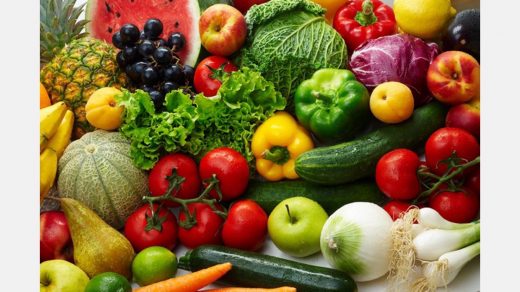Let’s say you want to get a pot roast for dinner, a nice big hunk of beef you can pop in a slow-cooker until it gets tender. You want to get beef that’s obviously going to be good, but not expensive enough to run up the grocery bill. When given a choice, you can pick either an average, no-frills piece of beef or one that’s “certified organic” but much pricier. You’ll obviously choose the less-expensive piece of beef over the pricier option, no matter how organic it claims to be. After all, what does organic food really mean?
It’s no secret that we want to eat good, clean food. We want to buy food that’s all-natural and delicious over something processed and cheap. Yet, why do we always turn to the cheaper, relatively inorganic options? Scientific American believes the reason behind our avoidance of organic foods is tied to the usage of “non-synthetic” fertilizers and pesticides that make us as sick as mainstream pesticides. The American Council of Scientific Health reasons that not only would you be paying more for barely noticeable differences, but most of the things you hear about GMOs and pesticides are overplayed.
But one survey claims that Americans aren’t turned away just by cost or rumors alone, but another important issue has taken center stage.
According to Food & Wine, people tend to care more if the product is “cruelty-free” than if it’s organic or not. A survey conducted by Edelman Data and shared by the Organic Trade Association revealed that out of 2,500 consumers, a majority were concerned regarding the treatment of farm workers and animals. But what does “cruelty-free” even mean? Is it just another run-of-the-mill buzzword companies use?
The Cruelty-Free Shop defines a cruelty-free product as “a product that has not been tested on animals by the manufacturer.” But at the same time, they also state that certain animal products such as meat, fish, dairy, and honey also fall under the animal cruelty range. The only solution, they propose, is going vegan. While some people may wholeheartedly agree with this claim, others may say that’s a bit too extreme. Is it possible to enjoy meat and dairy without supporting animal cruelty?
The ASPCA has created what they call Shop with Your Heart, an online grocery list that contains plant-based alternatives to meat-based protein or farms that have earned one or more animal welfare recommendations. For example, if you were to shop for chicken, you can specify your search, including selecting chicken that has been pasture-raised, chicken that has been raised outdoors or indoors, and chicken that does or doesn’t have enrichments.
While organic foods may not be the most important concern, people can still want food that is raised both cleanly and humanely.




